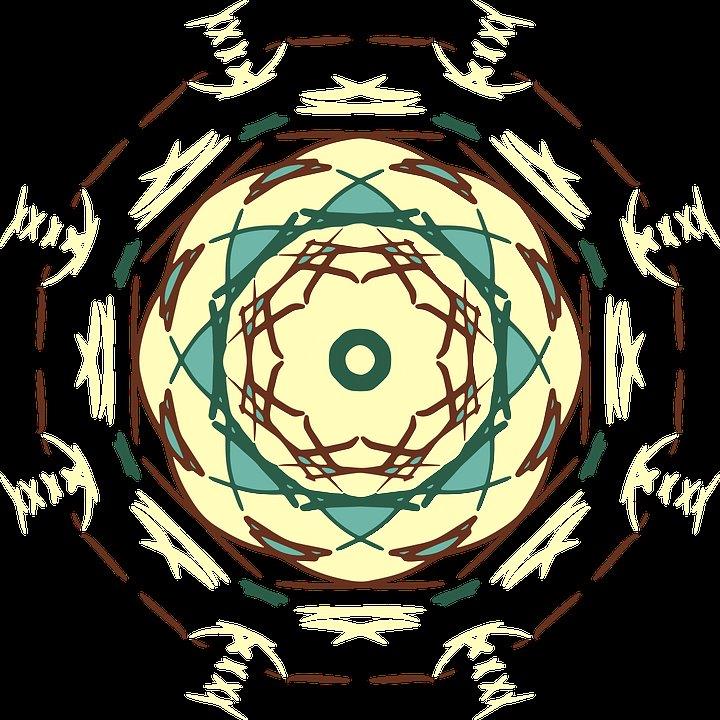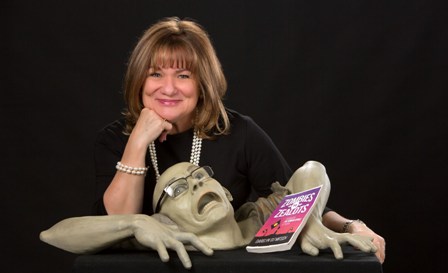WOW Factor #3 – Sustainable change

This is the third post in a three-part series about the impact of Team Advantage from our recent research project.
Question: “Do training and other development programs really work, and are they sustainable?”
Prior to starting the Pyramid Resource Group in 1994, I was a General Manager and a sales manager of radio stations and sports networks. I often purchased training programs and hired consultants for programming and sales as well as for leadership development. Like other leaders, my experience of buying expensive training programs and sending folks to sales rallies or events was good, but short lived. The best I could hope for at this time (during the 1980s and early 90s) was what research told me… that only about 5% of what folks learned would be retained and used. Employees felt good after an event. They enjoyed the time to reflect and learn more about themselves or others, but it was difficult for leaders to gauge the impact or return on their investment.
Part of my personal mission since developing Pyramid’s programs with Barry and the coaching team has been to identify ways that the profession of coaching creates sustainable impact. I intended to show that coaching could provide the missing link between content and adaptation or execution of learned behaviors.
To summarize, our intention for doing a research project over the course of 24 Team Advantage games, was to identify if team coaching could drive behavior changes, which are at the heart of significant organizational change. We innately knew through our anecdotal stories from following teams we had coached that our participants felt they had been impacted by the experience. Teams had achieved extraordinary results from games centered on thematic and strategic goals that the teams created, including: changing business models; reorganizing a company; achieving their company’s highest sales award; and improving their ranking in competitive sales organizations. We had seen amazing results for close to two decades, but we had no scientific data to support what we saw. So this opportunity to measure the impact was welcomed.
The third WOW factor we learned from the research was that all improvements in engagement and leadership behaviors were sustainable after the Team Advantage process was over. Not measured but no surprise was that most of the organization’s team leaders who had worked with our coaches and managed the four-month process went on to adopt the format, the frequency of calls to check in with the teams and the skills for coaching and developing their teams long after we completed the process.
The bottom line is that there were three WOW factors:
- Employee engagement increased
- Leadership behaviors improved
- And, all improvements in engagement and behaviors were sustainable, as you will read below.
Wow Factor #3
3) All improvements in engagement and behaviors were sustainable.
Of the 24 Team Advantage games, several concluded in July and August, and all had concluded by late October. In January, we conducted a third survey of participants to find out if the improvements we noted at the end of the games had stayed with the participants or if they had fallen back into behavior patterns from the time before they started Team Advantage. What we found was that every index score, for engagement and for all 12 behaviors, remained stable at the three-month point following the conclusion of Team Advantage. This is important because training programs are often criticized for getting feedback at the end-point of the training period while there may be excitement from the successful completion of the training and an overall glow from the attention of being singled out to participate. When you let the individuals return to their jobs and test again several months after the experience, you get a better measure of how sustainable the learned behaviors are. In this case, all improvements were sustainable, implying that an actual transformation had taken place.
Transformation is currently an overused word in the world of coaching, yet it is the best word to capture the essence of what happens when a team goes through these stages of development. Dr. Bruce Tuckman is famous for observing and capturing those as: “Forming, Storming, Norming and Performing” What we have added are the informing stage of listening to the team to create a gameplan for new actions and behaviors which results in the last stage which is Transforming – or going beyond the old form”. The Team Advantage process is one that I created to coach one broadcasting team through the change of their business model. It worked so well for them, the company hired me to do six more in other divisions and they called it the Extraordinary Game as a result of their experiences. Hundreds of games later, we now have data that supports what our coaching team realized long ago.
This approach works! Team coaching provides the missing link between a training event and sustainable change!
We welcome your comments and ideas.
Check out our previous posts about WOW Factor #1 and WOW Factor #2.
With researcher, Lynn Hays of Haysmar Research
| DJ Mitsch, MCC
Darelyn “DJ” Mitsch is the Chief Energy Officer of the Pyramid Resource Group, a Master Certified Coach, and a founding member and former president of the International Coach Federation (ICF). She is a world-class coach and creative partner for innovative leaders and teams. DJ designed this program based on her passion for bringing people fully to life as they change the game of work! |
Search Blog
Subscribe to Blog
Categories
Tags
Authenticity Babemba tribe Bolt book signing breathing business leaders chaos civic leadership coach Coach K coaches coaching communication community leader competition conscious leaders contributions critical change DeGrasse edge of chaos effective leaders election fair playing field feedback high performance Janet Crawford leaders leadership leading teams lifelong learners Mike Krsyzewski Olympics organizations Phelps politics positive difference professional coach Reawaken rehumanize rituals societal transgressions success Team Advantage team coaching teams Tim Link turf wars wake up work WOW Factor zombies Zombies to ZealotsRECENT POSTS

November 9, 2016

Check out this new Zombies to Zealots video by Balboa
August 24, 2016

Competition: Human Fuel for High Performance
August 23, 2016
GET IN TOUCH
Contact info
North Carolina Office:
Address: 108 Canberra Court, Cary, NC 27513
Phone: 919-677-9300
Email: info@www.team-advantage.com
|
2023 Team Advantage & All rights reserved. Home Page | Privacy Policy | Terms of use |



